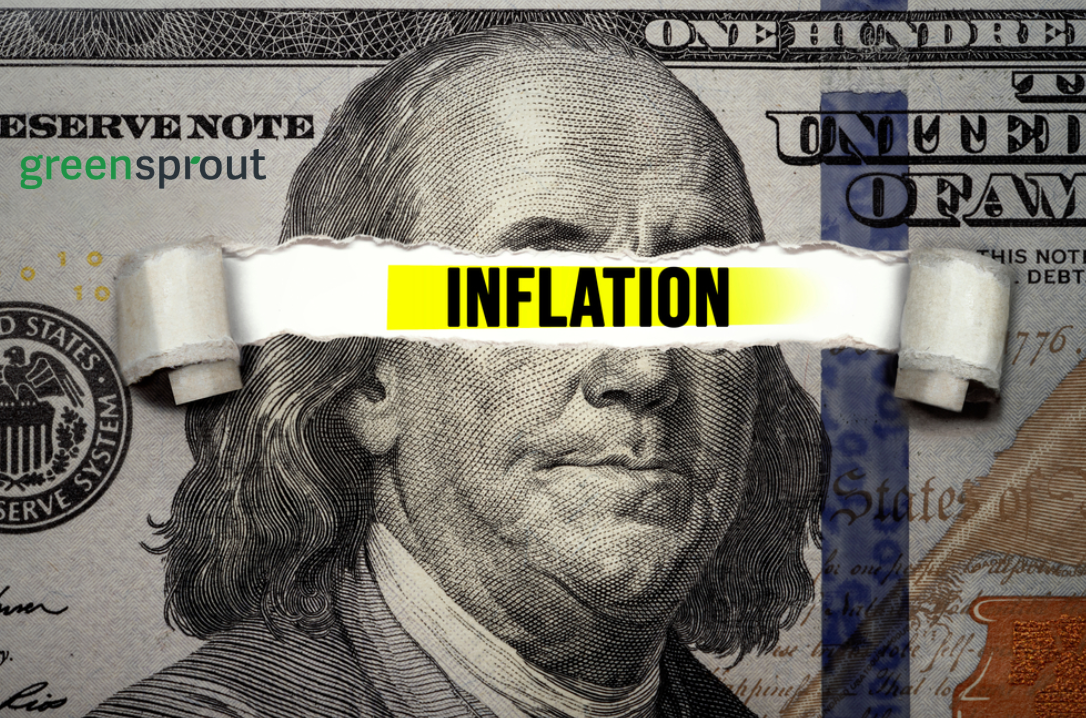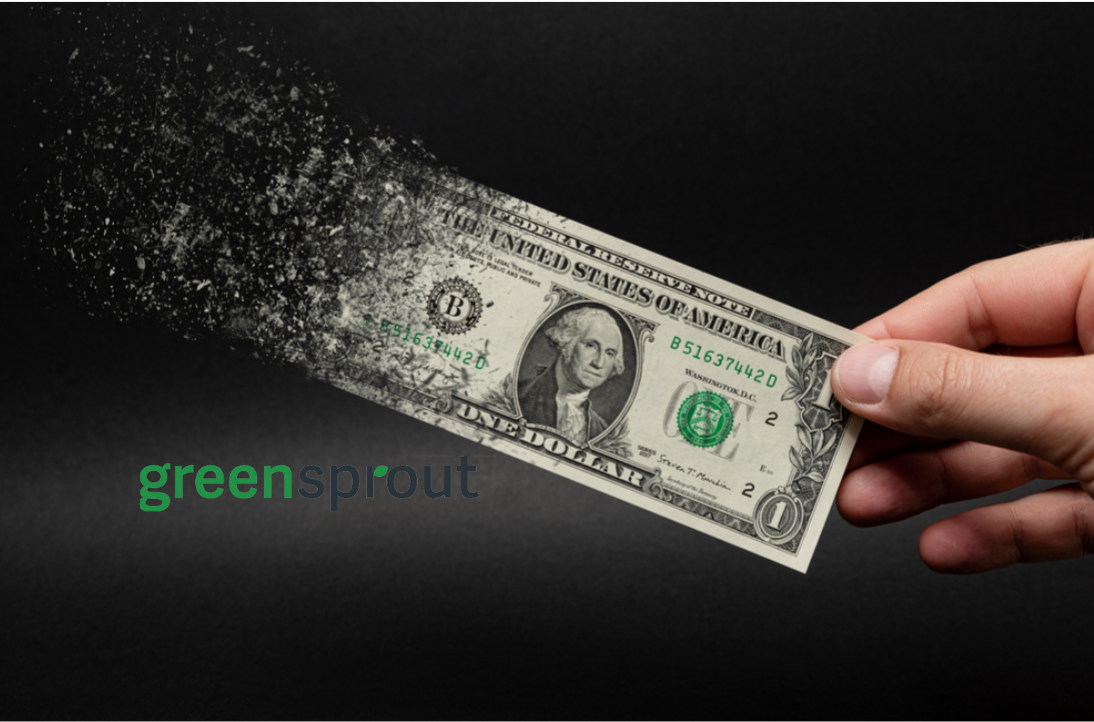It’s no secret that inflation has been hitting the US and the world pretty hard lately. But what exactly is inflation, and is there any way we can hedge our bets against it?
Is it better to keep cash or stocks right now? After all, stocks are also down, and we seem to be on the verge of a recession. I wanted answers to these questions, so I contacted GreenSprout.
GreenSprout is a team of financial experts who have helped many people make the correct financial moves for their specific situations by providing the best tips on their financial blog. I asked GreenSprout to explain inflation in a way that anyone can understand and help us figure out what to do.
So give us a breakdown of what inflation is and what it means for normal people.
Well, I think everyone knows the basic definition of inflation. Inflation is the price of goods rising over time. More money is being printed, which means the money is worth less, which means goods cost more money.
The exact definition is pretty simple, but things under the hood are more complicated. For normal people, inflation is usually unnoticeable.
However, occasionally you enter periods like this where inflation hits hard, all at once, and now you’re forced to pay 30% more for bread. This is why it’s important more than ever to boost your savings.

So is inflation always a bad thing? While deflation is good?
Not exactly. Inflation isn’t the problem; a lack of buying power is the problem. Not everything increases in price when inflation happens. Contracts, trades, etc., generally take a while to catch up to inflation.
However, the price of goods increases, and if you’re not getting a raise to keep up with inflation, then you’re getting the short end of the stick. Deflation, on the other hand, isn’t always good either.
If prices fall too fast, people tend to actually stop buying products because they’re waiting for the price to bottom out. This causes the economy to almost halt, which is not good.
What has caused inflation to go so haywire lately?
Currently, a big reason for inflation is the supply chain instability. This has caused demand to greatly outweighs supply. In other words, there are more people that want products than actual products.
This means people are willing to pay more to get their hands on the product, and prices naturally increase. This is classic supply and demand.
Did the pandemic have anything to do with the increase in inflation, or is it pure political policy?
I don’t want to get into politics here, but the pandemic is absolutely the reason we are experiencing inflation. I mentioned supply and demand before. During the pandemic, the demand for things skyrocketed because people were stuck inside.
Even if it didn’t skyrocket, the supply for everything significantly dropped. Pretty much, the pandemic shut down the global economy, and now that it’s opening up again, we’re seeing a lot of bottlenecks, and supply is having trouble meeting demand.
How does a recession play into all of this?
A recession is when overall market activity drops. When the real GDP of a country falls for a significant period of time. Now, inflation absolutely plays into this. The way that governments slow recession is by hiking interest rates.
When they increase interest rates, people buy less, aka demand drops. They try to increase interest rates until supply is equal to demand. However, in times like this, that requires hiking interest rates extremely fast and high, which in turn causes a recession because it’s harder to take any loans with high-interest rates.




